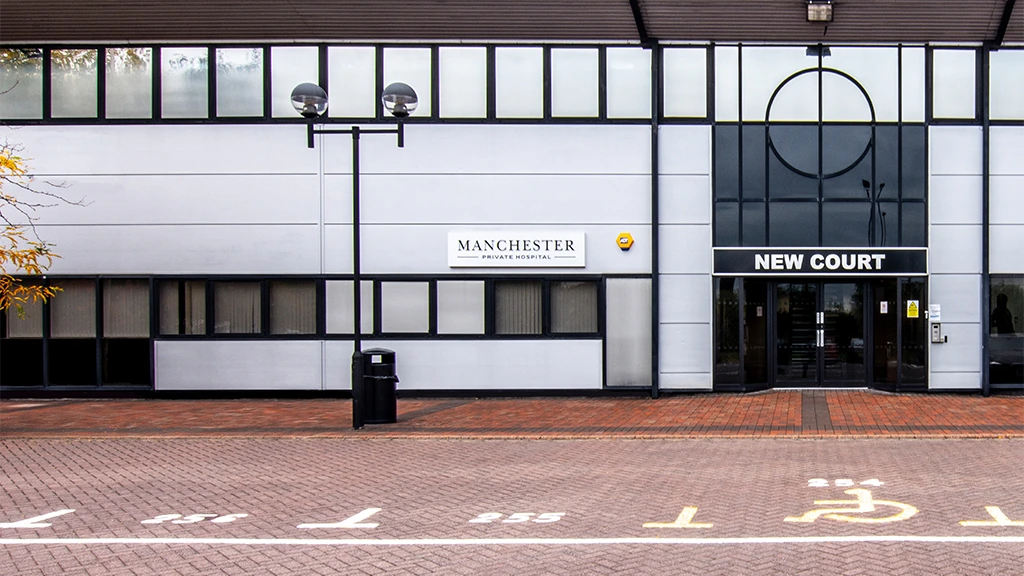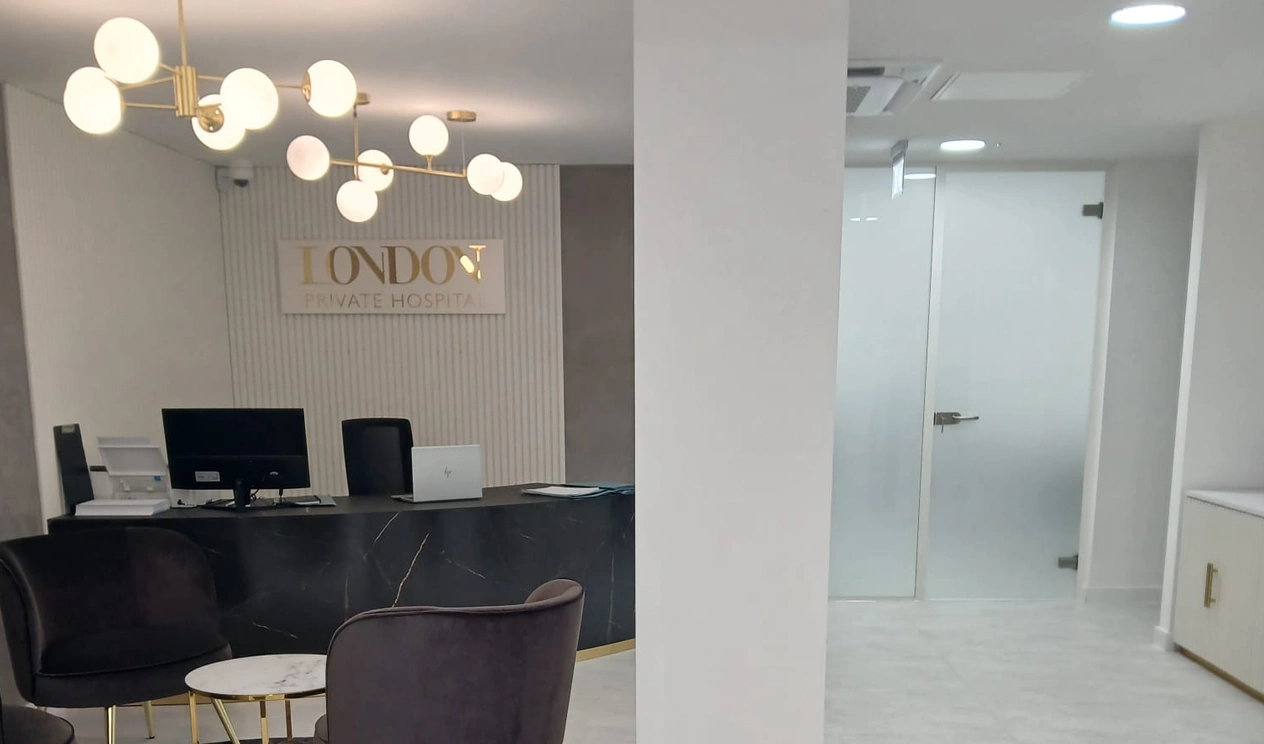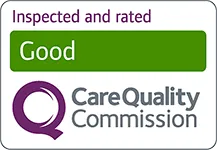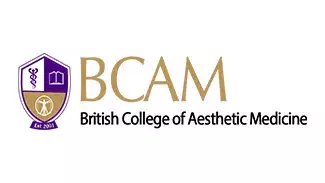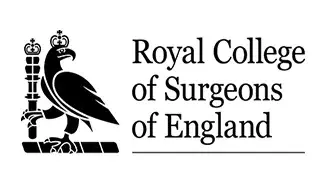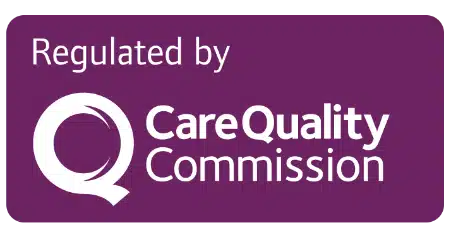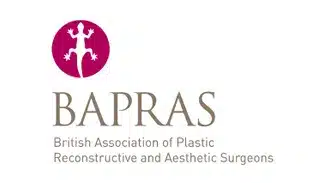This Article Covers:
- At-a-Glance Recovery Timeline
- Q&A — The First 48 Hours
- Q&A — Week 1 to 2 Essentials
- Q&A — Weeks 3 to 6: Returning to Life
- Q&A — Long-Term Results & “Drop & Fluff”
- Medicines, Supplements & Lifestyle
- Complications & Red Flags (Act Fast)
- Prep & Comfort Checklist
- The Manchester Private Hospital Aftercare Pathway
- Need personalised advice?
Thinking about breast augmentation—or just home from theatre? This practical Q&A gathers the questions Manchester patients ask most about recovery, from the first 48 hours to getting back to the gym. Every body heals differently, so if your personalised plan from Manchester Private Hospital differs, always follow your surgeon’s instructions. And if you’re unsure, message our nursing team—no question is too small.
At-a-Glance Recovery Timeline
(Typical ranges; your plan may vary.)
- Day 0–2: Rest, short indoor walks, keep dressings dry. Wear your surgical/support bra 24/7. Sleep slightly propped up.
- Week 1: Light pottering; avoid lifting >2–3 kg. Many desk workers return towards the end of the week.
- Week 2: Short, careful drives if you’re pain-free, off strong painkillers and fully in control.
- Weeks 3–4: Gentle lower-body cardio; still no chest/HIIT.
- Weeks 5–6: Gradual return to most activities once surgeon-cleared. Underwires reintroduced later, when advised.
Mr Shivram Singh says: “Recovery isn’t a race—pace beats push. Those first two weeks set the tone for your long-term result.”
Q&A — The First 48 Hours
What will pain feel like and how do I manage it?
Expect tightness/pressure across the chest more than sharp pain. Take prescribed pain relief regularly (don’t wait until you’re very sore), sip water often, and choose light meals. Gentle shoulder rolls and short, frequent walks aid circulation.
How should I sleep?
Semi-upright with 2–3 pillows helps swelling and comfort. Side-sleeping usually becomes comfortable a little later—wait for your review or when it feels natural and you’ve been told it’s fine.
Can I shower? What about dressings?
Keep dressings dry until you’re given the go-ahead. When showers are allowed, let water run gently, pat dry with a clean towel, and avoid baths/soaking until wounds are sealed.
I feel dizzy or nauseous after anaesthesia—is that normal?
Quite common on day one. Stick to bland foods, hydrate, and rest. If vomiting persists or you struggle to keep fluids down, contact the Manchester Private Hospital aftercare line.
Mr Shivram Singh advises: “Stay ahead of discomfort, keep moving little and often, and prioritise hydration—it’s simple but powerful.”
Q&A — Week 1 to 2 Essentials
Which post-op bra should I wear—and how snug is ‘snug’?
Choose a non-wired, supportive post-op or sports bra that holds you securely but not painfully. Many patients buy two so one is always clean. We’ll guide sizing and styles at your consultation.
When can I drive or go back to work?
Drive only when you’re pain-free, off strong analgesia, and can perform an emergency stop confidently. Desk roles often resume around 1–2 weeks; manual work needs longer—ask us for a tailored plan.
What redness or swelling is expected?
Mild-to-moderate swelling, bruising and warmth are typical early on. Escalating pain, spreading redness, foul discharge or fever are not—call us.
Can I lift children or heavy shopping?
Keep lifting minimal initially. If you must, bend your knees, keep items close to your body, and avoid sudden twisting.
Do / Don’t (Week 1–2)
Do: short walks, sleep propped up, keep bras on 24/7, take meds on time.
Don’t: soak wounds, lift heavy items, sleep on your front, resume chest workouts.
Q&A — Weeks 3 to 6: Returning to Life
When can I return to the gym?
Start with lower-body cardio (bike, incline walk). Avoid high-impact/chest work until cleared—often 4–6 weeks. Build up gradually to protect your result.
When can I wear an underwired bra?
Typically after 6–8 weeks once tissues have settled and you’re comfortable—wait for your surgeon’s green light.
What actually helps scars?
Once wounds are closed and you’re approved to start: silicone gel/sheets, gentle scar massage, and SPF 50 on healing skin. Consistency matters more than fancy creams.
Can I fly, swim, or use saunas/steam rooms?
Short-haul flights are often fine after early reviews if you feel well (wear your support bra, hydrate, walk the aisle). Pools, hot tubs, saunas and steam rooms must wait until wounds are fully healed to avoid infection.
Q&A — Long-Term Results & “Drop & Fluff”
How long until implants look and feel natural?
Expect steady change over 6–12 weeks as muscles relax and swelling eases (“drop & fluff”). Final refinement can take a few months—be patient with your body.
What about nipple/skin sensation?
Temporary changes—either reduced or heightened—are common and usually improve with time. Tell us if anything worries you.
Do I need check-ups or future imaging?
You’ll have scheduled reviews with Manchester Private Hospital. Longer term, follow the device-specific guidance provided at your consultation. Any sudden change in shape or feel—contact us promptly.
Mr Shivram Singh advises: “Think in weeks, not days. Small, consistent habits—good bra use, gentle activity, scar care—compound into great outcomes.”
Medicines, Supplements & Lifestyle
Which medicines or supplements should I avoid?
Follow your pre-op plan regarding blood-thinning painkillers or herbal supplements. When in doubt, ask us before starting anything new.
Alcohol, smoking and vaping—do they matter?
Yes. Nicotine reduces blood flow and healing quality; alcohol can aggravate bruising and interact with meds. Abstain as advised for the best outcomes.
Constipation from painkillers—what helps?
Hydration, fibre-rich foods, short walks, and a pharmacist-recommended stool softener if needed.
Complications & Red Flags (Act Fast)
- Sudden, one-sided swelling or a tense, painful breast
- Fever ≥38 °C, spreading redness, foul-smelling discharge
- Shortness of breath or chest pain
- Wound opening or uncontrolled bleeding
Action: Call the Manchester Private Hospital aftercare line immediately. If severe, seek urgent/emergency care.
Prep & Comfort Checklist
- 2× non-wired post-op/support bras
- Extra pillows for sleeping semi-upright
- Loose, front-fastening tops
- Easy, nutritious meals + large water bottle
- Paracetamol (as advised) and prescribed meds
- Silicone gel/sheets (start only when cleared)
- Manchester Private Hospital contact numbers saved in your phone
The Manchester Private Hospital Aftercare Pathway
- Day 1–2: Nurse phone check
- Week 1: Dressing review with Nurse
- Week 2–3: Nurse led to review; activity/bra check
- Week 6 – 8: Consultant review, Clearance for exercise/underwires (if suitable) Results review & photographs
- 3–6 months: Consultant review, if required
Mr Shivram Singh says: “If something feels off, call us early. Reassurance or prompt advice keeps recovery smooth.”
Need personalised advice?
If your plan differs, follow your Manchester Private Hospital instructions—they’re customised to your surgery. Questions after reading? Tap WhatsApp, call the clinic, or book a free consultation with Mr Shivram Singh for one-to-one guidance on your recovery.
This guide is informational and not a substitute for medical advice. Always follow your surgeon’s personalised recommendations.
Breast Augmentation Before and After Gallery
Read Our Patient Reviews
Explore our reviews made by real patients
Meet Our Expert Surgeons
Get to know our highly experienced surgeons
Consultation Locations
We offer Consultations from a number of locations around the UK
Prices and finance
We have partnered with Chrysalis Finance, allowing patients to apply for cosmetic surgery finance for all our procedures
Consultation Locations
Manchester Hospital
Manchester Private Hospital New Court, Regents Place, Windsor
Street Salford, Greater Manchester, M5 4HB.
